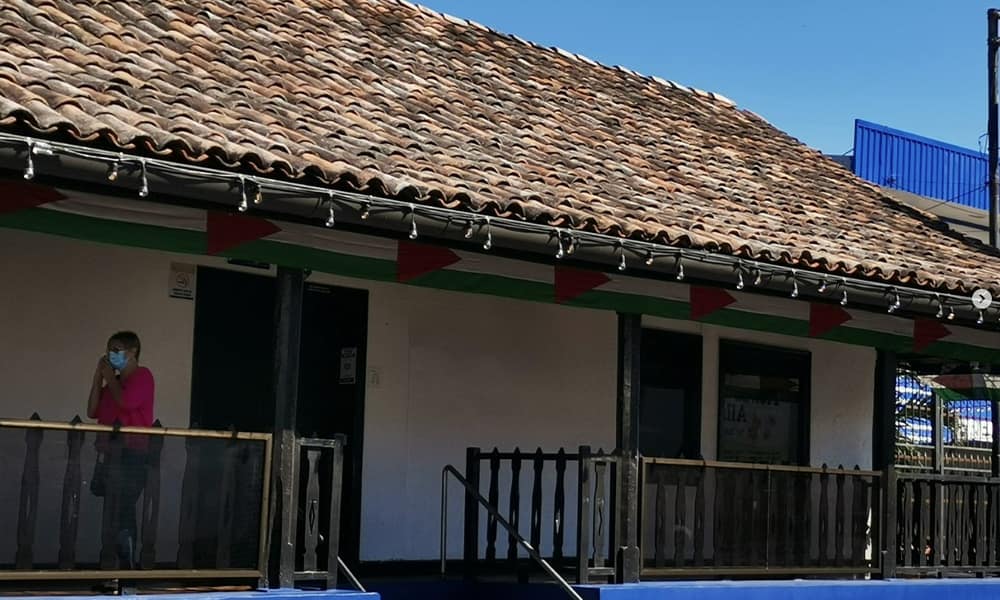The old wattle and daub house of the Baltodano Agüero family, located in Liberia, was declared Historical-Architectural Heritage of Costa Rica on March 14, with the publication in the official newspaper La Gaceta of decree No. 43895-C.
Just like other constructions of its time, it was the product of an architectural and aesthetic paradigm that accompanied the emergence of the city of Liberia, according to historian María Soledad Hernández and architect Ileana Vives, officials of the Center for Research and Conservation of Cultural Heritage in charge of the study.
It was built in the 1840s. Its origins are linked to the historical-social context that led to the consolidation of the cattle ranches in the Villa del Guanacaste, today, Liberia, in the first half of the 19th century.
The house has been a social, cultural, and political center, mainly because of its privileged location in the city center and its emblematic balcony, which has witnessed parties, celebrations, and transformations lived by the Liberian society.
“The history and the living memory around this building allow us to establish that this house was built between 1840-1850 by the Alvenda family, one of the founding families of Guanacaste (today Liberia),” the officials explained.
Additionally, they pointed out the house’s immense value, as it is located in the “heart of the historic center and the urban layout of the city.”
Undoubtedly, the building constitutes an architectural space worthy of preservation due to its antiquity, construction technique, and nineteenth-century aesthetics.
“The adobe and bahareque houses that are still preserved today in the city of Liberia in Guanacaste are part of the cultural heritage,” the experts commented.
The house has preserved fundamental elements of its historic fabric, original design, and the materials commonly used in the wattle and daub architecture of 19th-century Liberian houses.
Arístides Baltodano Agüero, co-owner of the property and who lived in the house as a child, commented on the announcement.
“For years, we have been concerned about how to preserve this house for the Liberian community. It is one of the few remaining farmhouses in Liberia and one of the first houses there. We proposed its consideration as historical-architectural patrimony. We’re delighted now that the process is complete because no one is going to be able to tear it. This gives security and certainty to the Liberian community that it will be preserved because it is a historic house, a protagonist of all the important events in Liberia,” he concluded.

